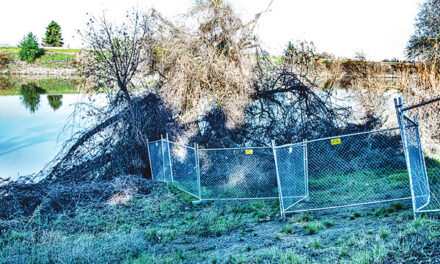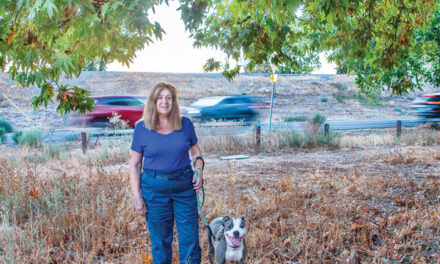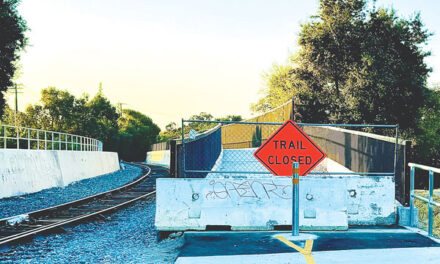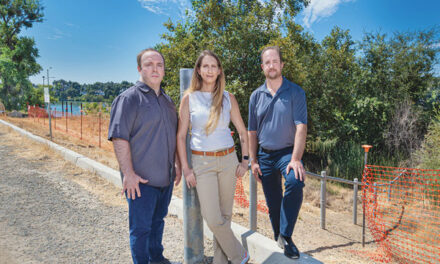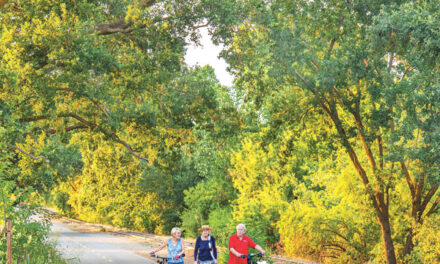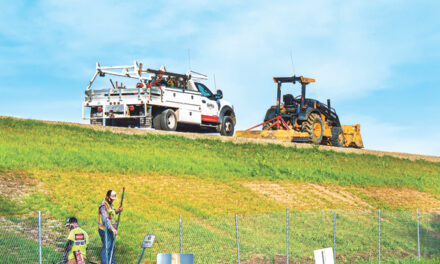Traffic stops are the way most people encounter police. About 25 million such contacts occurred in 2015, according to the U.S. Department of Justice. Should those interactions always include an officer with a gun?
One consequence of current traffic law enforcement is that Americans, including a disproportionate number of Black citizens, have wound up dead after being stopped. The instigation is often minor: a broken taillight, an improper lane change.
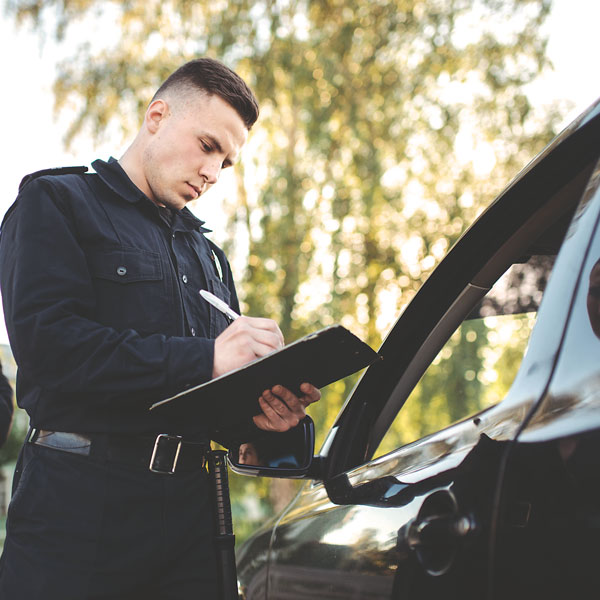
Many cities, including Berkeley, Los Angeles and Sacramento, are changing or reconsidering whether armed police should respond to service calls for homelessness, mental health issues and other non-violent situations. This has been in response to the murder of George Floyd by Minneapolis police.
Traffic enforcement has been the province of police for a long time, but it’s a duty that could be managed differently. Police once wrote most parking tickets. Today, unarmed attendants handle parking enforcement in many cities.
Traffic enforcement should be a bulwark of public safety since crashes create far more victims than violent crimes. Yet police often make traffic enforcement a low priority. Police traffic teams are frequently understaffed and underfunded.
Police do write tickets for moving violations. The revenue from fines can be important to cities. Yet drivers commonly break the law and there is no certitude traffic rules will be enforced fairly. The result is low levels of voluntary compliance.
There are ways to take guns out of the enforcement equation. Automated speed and red light cameras could be on duty 24/7, free of bias, eliminating the hazards of stops for police and drivers.
Speed cameras are proven and highly effective. But fewer than 20 states allow speed cameras. They are illegal in California, primarily due to law enforcement union opposition. Better street designs could also discourage speeding or other dangerous behaviors.
Traffic enforcement doesn’t have to be a police job. It could be unbundled from police responsibilities. Berkeley is moving forward with plans to have unarmed civilians in a new city department enforce traffic and parking laws. Other cities could do the same. Non-sworn, unarmed “community safety officers” could operate at a far lower cost and be dedicated full time to traffic safety. Police could be called upon only when situations, such as DUIs, warrant it. Los Angeles, San Francisco and San Jose police unions criticized Berkeley’s initiative, saying, “We do not believe that the public wants lax enforcement … by non-sworn individuals.”
There are issues with civilian enforcement. Foremost is the tremendous discretion that police officers have regarding traffic law enforcement. Discretion would not disappear if civilians did the work. To reduce systemic racism, discretion must be limited.
Our current system effectively gives police the powers of judge and jury, since few citations are overturned. Yet the decision to issue a citation is affected by a driver’s race, gender, age, residence, privilege and demeanor.
A problem with unarmed personnel doing traffic enforcement is that drivers themselves may be armed and violent, though FBI data indicate routine traffic stops are rarely dangerous for police. Because of the abundance of guns in America, police are on edge when approaching a vehicle. If drivers knew that “community safety officers” were unarmed, the danger might be reduced. But there would be no guarantees.
The California Highway Patrol is the second-largest law enforcement organization in California, behind LAPD. While patrol officers have other responsibilities, their primary focus is traffic enforcement on freeways, state highways and unincorporated areas. The CHP makes a point of recruiting ex-military personnel and invests heavily in training, including firearms. But do CHP officers need a Smith & Wesson to write a ticket?
Ideal traffic enforcement should be safe, certain, unbiased and cost effective. The goal should be safe travel for everyone. If we aren’t there yet, how do we get there?
Walt Seifert is executive director of Sacramento Trailnet, an organization devoted to promoting greenways with paved trails. He can be reached at bikeguy@surewest.net. Follow us on Facebook, Twitter and Instagram: @insidesacramento.




